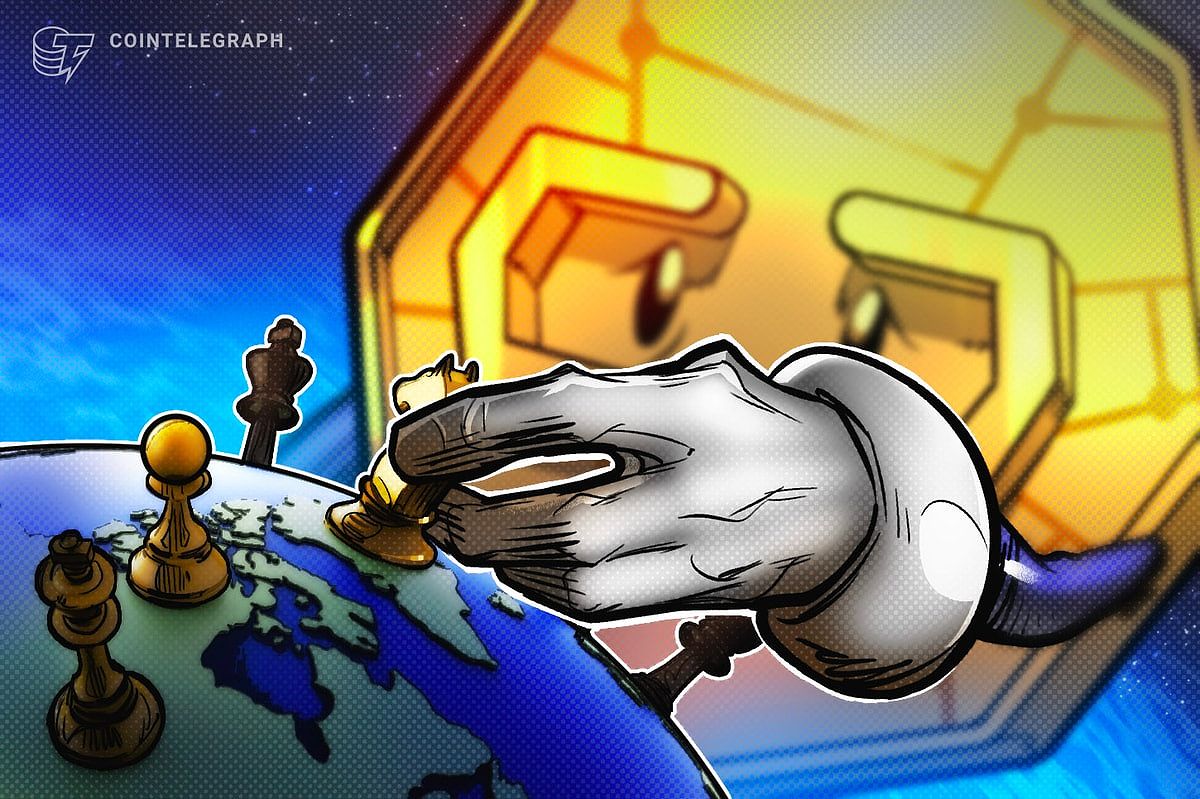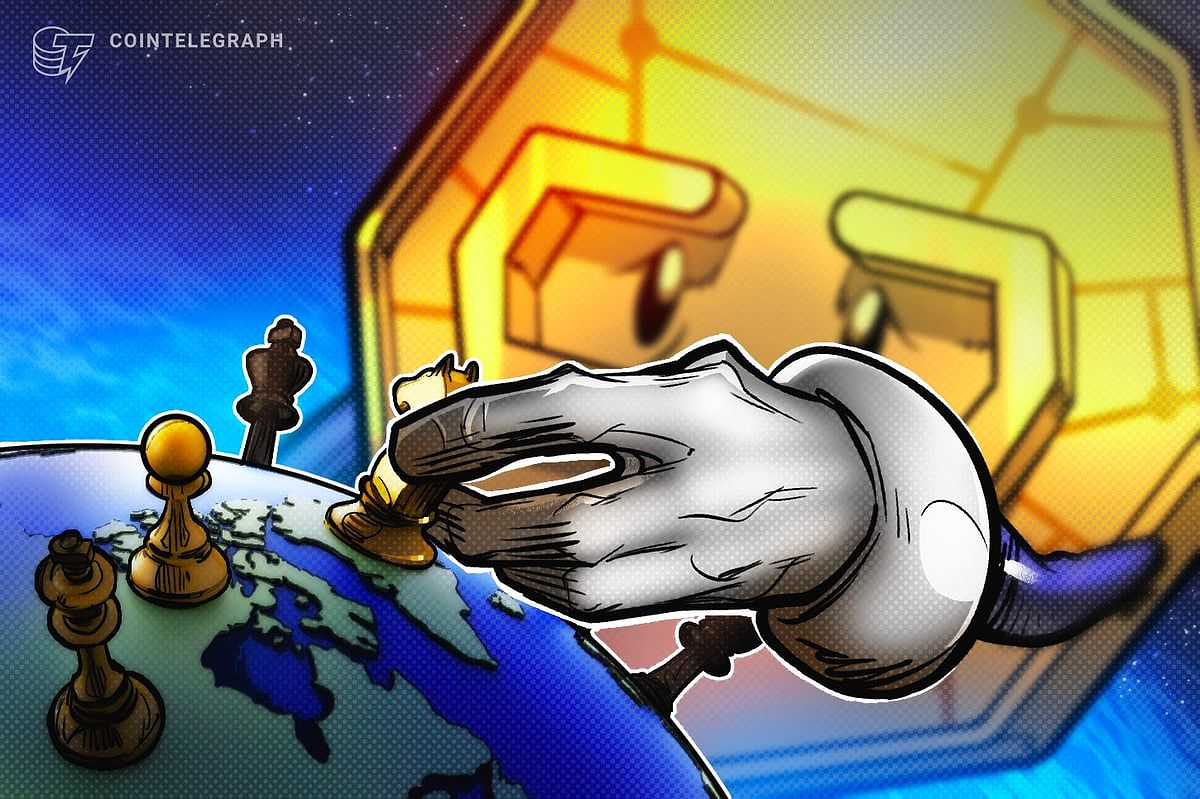The convergence of blockchain and artificial intelligence is not just a technological advancement; it represents a pivotal moment in our journey toward a more efficient, secure, and insightful future. These two once-separate realms are now intertwining to create a synergy that promises to redefine industries and enhance our everyday lives. With blockchain’s ability to provide a decentralized and immutable ledger, combined with AI’s prowess in processing and interpreting vast quantities of data, we stand on the brink of a transformative era. This article aims to explore the opportunities and challenges developers face in this dynamic landscape, offering a thoughtful perspective on how these technologies can reshape our world.
The Dynamic Duo: Blockchain and AI
Blockchain and AI are becoming increasingly intertwined, unlocking new avenues of innovation. On one hand, blockchain offers a secure and transparent framework for data management and transactions. On the other, AI excels at analyzing data to extract meaningful insights and make informed predictions. Together, they form a powerful partnership that enables the creation of solutions that are not only secure but also intelligent.
Imagine a scenario where supply chains operate seamlessly, optimized by AI-driven blockchain systems that guarantee transparency and traceability. Or envision healthcare platforms powered by AI, built on blockchain technology, allowing for secure sharing of patient data and facilitating personalized medicine. These scenarios represent just a glimpse of the revolutionary impact that the fusion of blockchain and AI can have across various sectors.
Key Use Cases: Exploring the Possibilities

The intersection of blockchain and AI opens up a vast array of possibilities for developers eager to innovate. Here are some compelling use cases that showcase the potential of this partnership.
Decentralized Finance (DeFi)
The DeFi movement is reshaping the financial landscape, and AI plays a crucial role in enhancing these applications. Intelligent algorithms can revolutionize lending and borrowing processes, enabling automated risk assessments and sophisticated trading strategies. Picture AI-powered smart contracts that adapt loan terms in real-time based on market fluctuations, or AI-driven trading bots that optimize investment portfolios with precision. The potential for innovation in DeFi is immense, and developers have a unique opportunity to lead the charge.
Supply Chain Management
In supply chain management, blockchain provides a secure and transparent platform for tracking products from origin to end-user. By integrating AI, developers can analyze data to pinpoint inefficiencies, forecast demand, and streamline logistics. For instance, AI algorithms can process real-time data from IoT devices and GPS trackers to optimize delivery routes, reduce costs, and enhance the efficiency of the supply chain. This level of integration not only improves operational effectiveness but also fosters a more sustainable approach to logistics.
Healthcare Revolution
In the realm of healthcare, blockchain holds the promise of creating a secure, decentralized repository for patient information. AI can harness this data to develop tailored treatment plans, predict health trends, and expedite drug discovery processes. Imagine AI algorithms scrutinizing patient records to identify potential health risks or AI systems supporting healthcare professionals in diagnostics and treatment decisions. This integration could lead to a more responsive and personalized healthcare system, ultimately improving patient outcomes.
Navigating Challenges: Developers’ Considerations
While the potential of merging blockchain and AI is exciting, developers must navigate several challenges to bring their visions to life.
-
Scalability Concerns: The intersection of blockchain and AI can generate enormous volumes of data, which can complicate scalability. Developers need to devise efficient data storage and processing strategies to maintain optimal performance.
-
Security Imperatives: Given the sensitive nature of data involved, security must be a top priority. Developers are tasked with implementing stringent security measures to safeguard data against unauthorized access and cyber threats.
-
Data Privacy Issues: As data privacy regulations tighten globally, developers must ensure responsible handling of data and compliance with relevant laws. This includes employing best practices for data anonymization and encryption.
-
Interoperability Hurdles: Ensuring seamless communication between various blockchain platforms and AI systems can be challenging. Developers must advocate for standardized protocols and frameworks to facilitate interoperability and foster collaboration across different technologies.
Conclusion
The merging of blockchain and AI presents a unique opportunity for developers to create groundbreaking solutions that address real-world challenges. By understanding the strengths and limitations of both technologies, developers can craft secure, intelligent, and transformative applications that will shape the future. The road ahead is filled with possibilities, and it calls for a collaborative spirit among developers, researchers, and industry leaders. As we stand on the threshold of this exciting new era, the potential to innovate and impact society has never been more significant.

